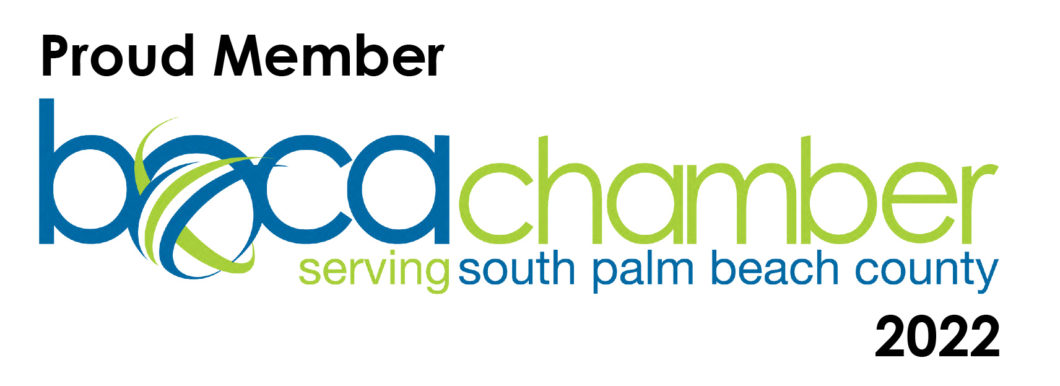May 1-7, 2022 is National Small Business Week. If you’re interested in starting a small business, there’s a lot to consider. Starting a new business can be an exciting time but it also comes with its own unique set of challenges. If you want to start a small business, there are some important practical and legal considerations you need to be aware of to ensure that your business is formed correctly and operates well.
These ten important steps are important for anyone who is looking to start a small business.
Start With Market Research
The starting point for anyone wanting to set up a business is to find a good business idea and create a market plan.s Once you have a business idea, you should carry out as much research as possible. Market research will help you identify and target your ideal audience by reaching them on the platforms where they tend to hang out.
Undertaking market research also means that you can create a more targeted marketing plan. In addition, good research will also help you to identify and mitigate any potential risk.
Market research includes gathering information about the following:
- The market you want to sell in
- The products or services you want to offer
- The price points already available
- Any gaps in the market
- Trends in the market
- Where your target audience is and how to reach them
- Target audience behaviors and patterns
- Your competitors
Choose The Structure of Your Business
It is vital that you decide on the structure of your business. How you structure your business affects your ability to raise funds, how much you will eventually pay in tax, what documentation you need, and even the extent of your own personal liability.
The options available to you are:
- Set up as a sole proprietor: This is often the easiest way to set up a small business as it is simple and requires less paperwork. Setting up as a sole proprietor will enable you to retain full control of the business and is a good structure for entrepreneurs who want to start off small and who work on their own. However, sole proprietorships are not the best fit for everyone. This type of structure does not offer business protection and the sole proprietor is also at risk as they become liable for the liabilities and debts of the business.
- Partnership: if there are two or more people involved in the business, then a partnership is the form of structure often used. The partnership agreement sets out the split of ownership, profits, liabilities, and debts. Like sole proprietors, partners are personally responsible for the financial obligations of the company.
- Limited liability company: this type of structure is common for small businesses in the US. It ensures that there is liability protection for the owners of the business.
- Corporation: Corporations are also popular in the US. Shareholders own the business and each of them has a share of the company. Each business proprietor is taxed separately from the business.
Decide on The Business Name and Brand Identity
Your business name is an important element of your brand identity so choose wisely. Your business name is usually the first part of your business that customers will encounter so it needs to be distinctive, memorable, enduring, and relevant to the customer.
While you may have a good idea of what name you want to use, do your due diligence to check whether the name is already being used by a business.
Prepare a Business Plan
A strong business plan is essential if you want to methodically outline the purpose and goals of your business, examine your business’s financial feasibility, and carry out some early analytical work.
The plan should outline the following:
- Your company name and a brief background and description
- Market research and analysis
- Management and organization structure
- Products and services available
- Customer identification
- Marketing plan and strategies
- Financial forecasts and plan
- Funding options
Consider Funding
Funding is a critical element of starting a new business. Will you be self-funding, obtaining a bank loan, crowdfunding, applying for grant money, or taking an alternative approach? Your funding needs will vary depending on the type of business you want to start and the products or services you will offer.
Obtain your Federal And State Tax ID
You will need a Federal Employer Identification Number (FEIN) from the IRS if you want to open a business account or set up payroll. Your FEIN acts as a social security number for your business. The IRS application is simple to complete.
With an EIN you will be able to:
- File your taxes
- Protect any information that is personal
- Establish credit records
- Obtain legal protection
Your state tax ID differs from your EIN as it is assigned to your business by your state. The purpose of the state tax ID is similar to the EIN in that it ensures your business is compliant with state laws. Your attorney will be able to explain the state laws that are applicable to you and the running of your business.
Open A Business Bank Account
Opening a business bank account can take time, so it is always best to try and get this done early on. Banks will require information about the business, including your EIN and other tax information, before opening the account. Ensure you have all your paperwork and information to hand.
Take into consideration your accounting needs as well. Will you maintain records yourself, hire an accountant, or work with another financial provider for those needs?
Any documents relating to the company including the formation documents, annual reports, financial statements and accounts, company details, and changes need to be kept for at least 3 years. A good accounting and management software program will enable you to safely store your important information electronically and even manage your financial transactions.
Consider And Obtain Any Necessary Licenses and Permits
Depending on what business you are running, you will need to research exactly what licenses and permits are required in order for you to operate legally. You should discuss your business operations with your attorney so they can properly advise you about the permits and license you will need.
Some businesses such as broadcasting, preparation of meat, selling alcohol, and drugs manufacturing require federal licenses.
State licenses are a requisite of certain professions so you should discuss this with your attorney who will advise you.
Some of the occupations that require a state license include:
- Accountants
- Banks
- Building contractors
- Real estate agents
- Funeral directors
- Physicians
These are just a few of the professions that require licenses. Depending on what state you are in and the product you are selling. Some products require special licenses, for example lottery tickets, gasoline, liquor, and firearms.
Obtain Business Insurance
Ensuring you have business insurance means that you and your company are protected in the event that a claim is made against the business. Starting a business can be time-consuming and expensive, so you might not consider obtaining business insurance. However, your business is likely to face an increased risk if it is not insured.
Business insurance offers your business the chance to protect yourself and any employees. In addition, if you are renting any business space then you will most likely need some form of insurance to cover your contents.
Prepare The Marketing Plan
Your marketing plan should include strategies that will target your ideal customers. Think about the branding of your business. This includes the business name, logo, colors, fonts, platforms to advertise on, and the form of advertising.
You will need to have a plan relating to your online presence. Social media platforms are a key component of any marketing plan in today’s market so familiarize yourself with them and think about targeting your consumers via your website and social media channels.
You may be thinking of renting real estate, creating a website, or an online shop. Whatever your marketing strategy is, make sure it outlines where your business is positioned, who the target customer is, and what the route to market is.
Seek Legal Help Where Needed
Starting a new business involves ideas and inspiration. The business landscape is changing constantly, and globally there are more small businesses than ever before. These businesses are operating in larger and more diverse territories.
Our experienced attorneys will not only guide you through the process of setting up your business, they will also assist you with preparing all the documents you need.
Call our experienced attorneys today on (561) 207-2018 for a free and confidential consultation. Alternatively, email us at info@lubliner-law.com.






